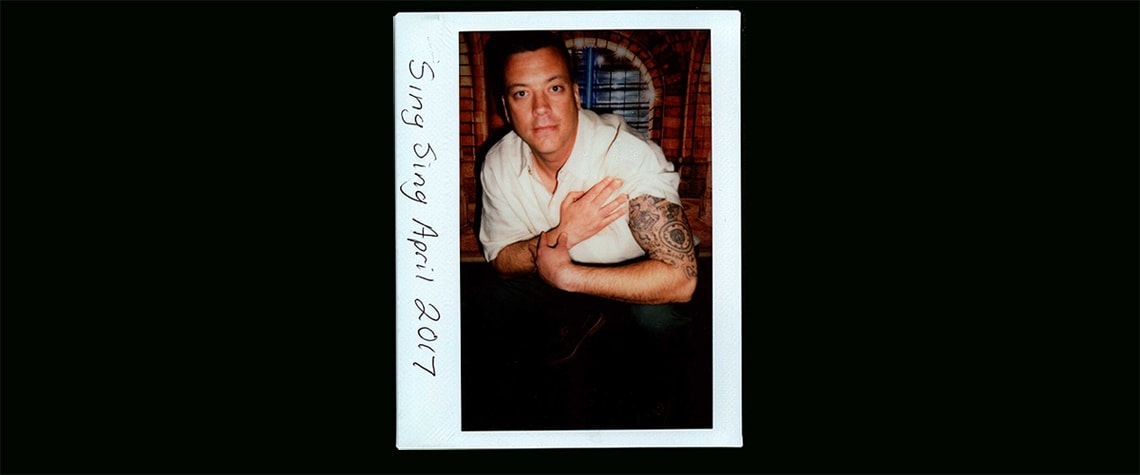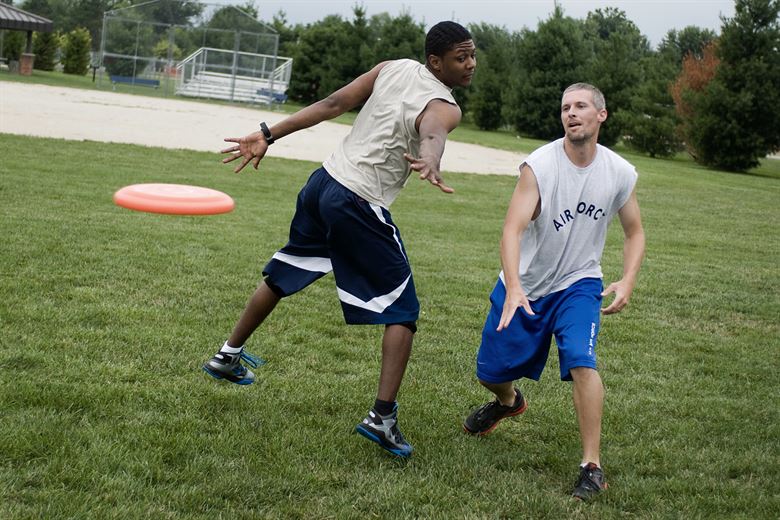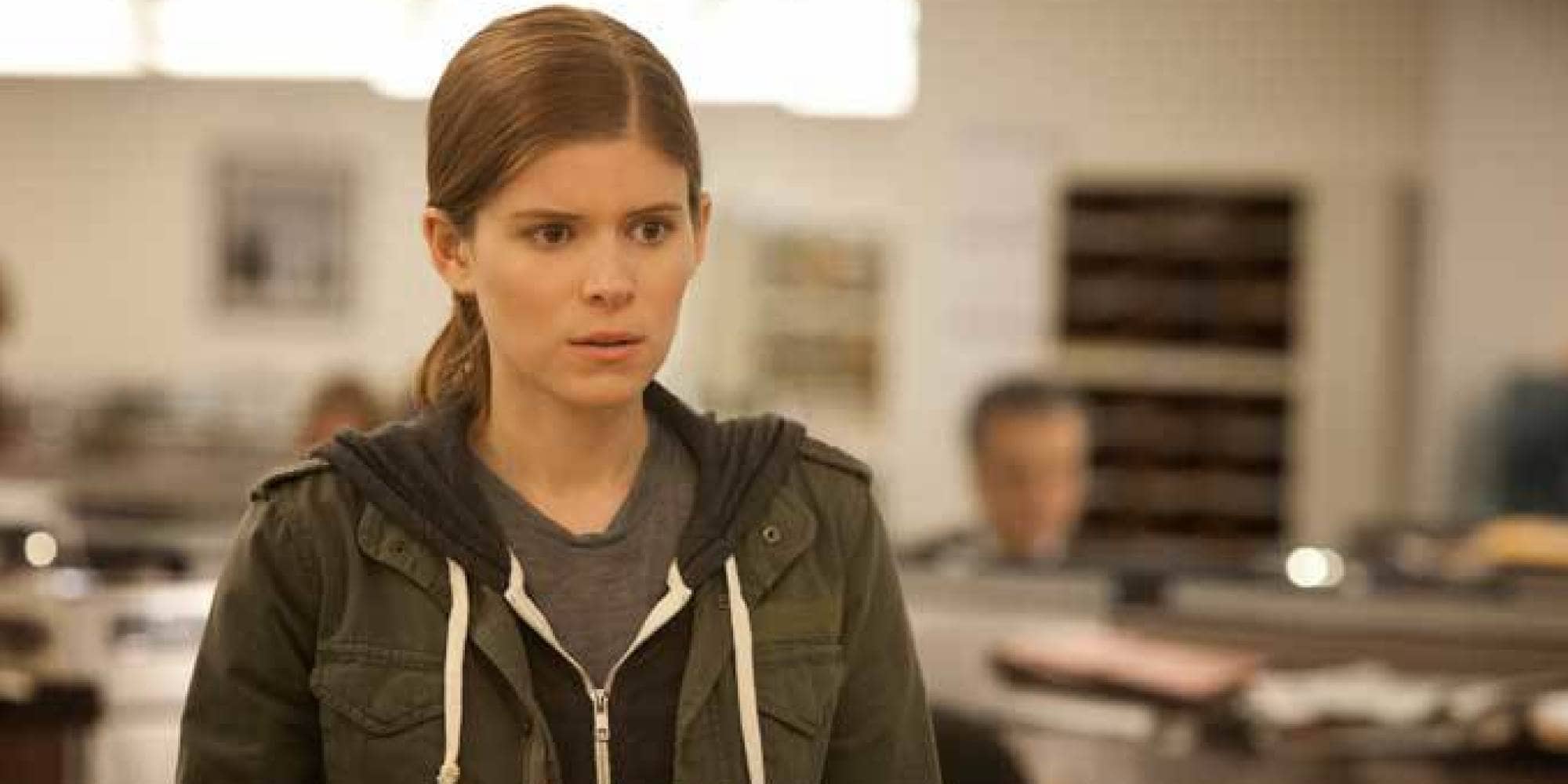 CHICAGO, IL (August 24, 2018) – Covenanters routinely share links to social media articles and videos that Covenant News Service believes may be of interest to others. Each Friday we post five of them. Following is a sample of those submissions—their inclusion does not represent an endorsement by the Covenant of any views expressed.
CHICAGO, IL (August 24, 2018) – Covenanters routinely share links to social media articles and videos that Covenant News Service believes may be of interest to others. Each Friday we post five of them. Following is a sample of those submissions—their inclusion does not represent an endorsement by the Covenant of any views expressed.
How John J. Lennon Became a Prison Journalist—From the Inside
John J. Lennon showed promise as a writer as a seventh grader attending boarding school. Then drugs changed his life as he became a user and then—for a while—a successful dealer who built a network and drove around in a Jaguar. Then he used an M-16 to shoot to death a childhood friend who worked for him and was extorting a customer. Lennon weighted down the body and dumped it in the ocean. That earned him a prison sentence of 28 years to life. Now incarcerated, he is living out the promise he showed in boarding school.
From the article: “Prison life shapes every story that John reports. He types on a clear-plastic typewriter in a cell with no chair. He conducts many of his interviews in the rec yard, among the joggers and weight-lifters, and he has never been able to Google anything on his own. The prison phone system, accessible for a few hours per day, connects him to just 15 pre-approved contacts. Still, John has become a leading journalist on life inside. His first published story appeared on the website of The Atlantic, and one of his print features will soon appear in Esquire.”
 The Lazy Trope of the Unethical Female Journalist
The Lazy Trope of the Unethical Female Journalist
At a time when journalists like Maggie Haberman at the New York Times are regularly breaking important news stories through hard, unglamorous, and persistent work, Hollywood continues to portray them in ways that are demeaning.
From the article: “House of Cards’ cavalier presentation of its female journalists as characters who’d trade their bodies for professional success prompted a more thorough interrogation of the trope. Writing for Slate, Alyssa Rosenberg called the series ‘grotesquely insulting to the women who do serious policy and political reporting in Washington every day.’ In 2015, The Toast published “A Day in the Life of a Fictional Female Reporter:
9:17 a.m.: Sleep with a source.
10:00 a.m.: Sleep with my boss.
10:58 a.m.: Find a powder-blue Oxford shirt that doesn’t quite button up over my breasts. Buy eight.
11:13 a.m.: Internet.
11:45 a.m.: Cultivate moxie, “stick-to-itive-ness.”
12:11 p.m.: Return to source’s house for more sex/to steal the incriminating book he keeps locked in his nightstand.’”
The Isolating Life of Parenting a Potential Psychopath
Years ago, while working for a mental health advocacy organization, I knew a family who could never leave their child – not yet 10 years old – alone with his sister or other children because he would try to kill them. He once grabbed the steering wheel of the family’s car and tried to run them off the road. It is no wonder the family felt so isolated.
The article is a heartbreaking and yet hopeful story about discovering you are not alone and the power of community – even if much of it is online.
From the article: “Too often, I heard, ‘If it was my child I would never let them get away with this.’ Eventually I stopped trying to connect with other parents. They say it takes a village to raise a child, but what do you do when the village shuns you?”
The Mozart of Fly Casting
There are no competitive fly casters, including adults, who come close to matching the skills of 14-year-old Maxine McCormick, who aims to still live the life of a normal teenager.
From the article: “Equipment could be an issue. Waders didn’t fit. Korich had to sand down her rods to fit her strength levels. Korich, 59, who has two daughters of his own, balanced his instruction with frequent breaks for playing in nearby creeks, and often found himself standing under a tree, praying that Maxine wouldn’t fall out of it.”
 1968 Created The ‘Ultimate’ Anti-Sport Sport
1968 Created The ‘Ultimate’ Anti-Sport Sport
Ultimate began as a group of teenagers tossing a Frisbee at summer camp. It now is a worldwide sport played by millions, with amateur and professional teams that play for world championships. The International Olympic Committee is considering whether to include it in the games.
From the article: “But in some ways, Ultimate is not like other team sports. The game has a kind of honor system called the ‘spirit of the game.’ And you can trace that the way back to the counterculture of 1968, when the players started out officiating the game themselves.














